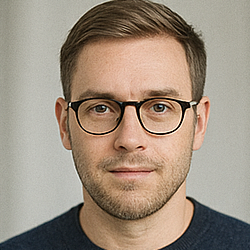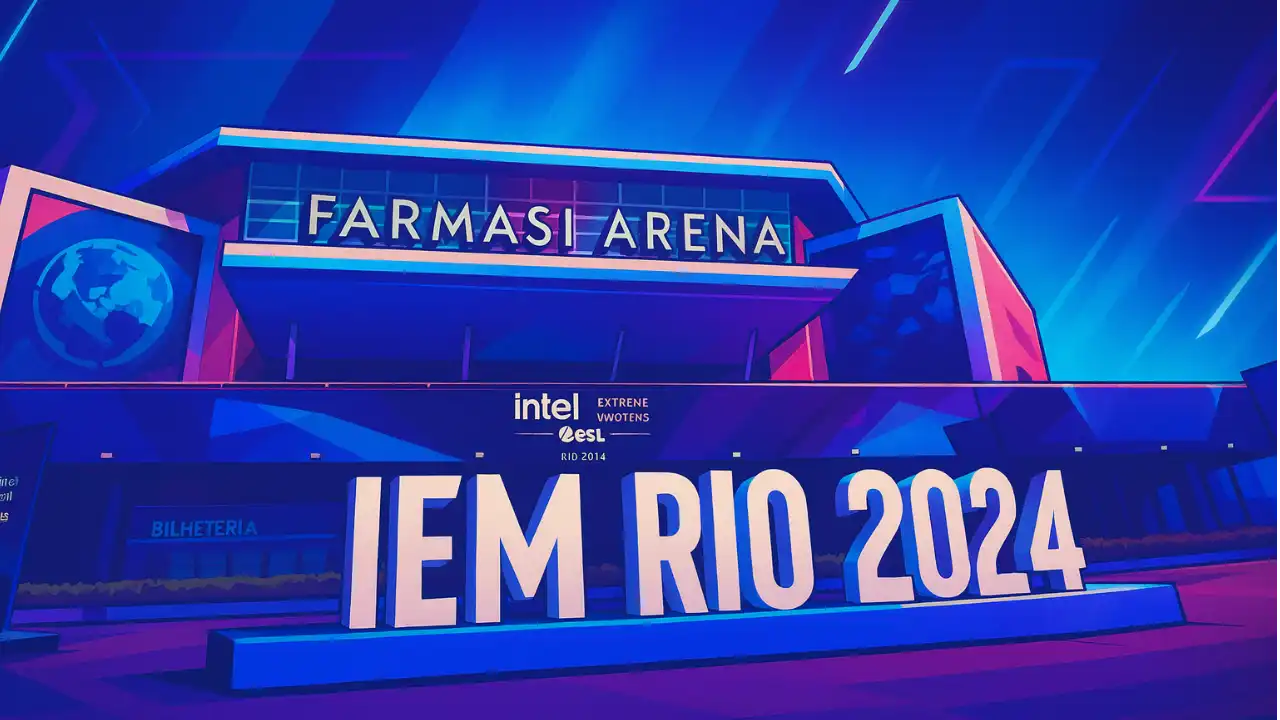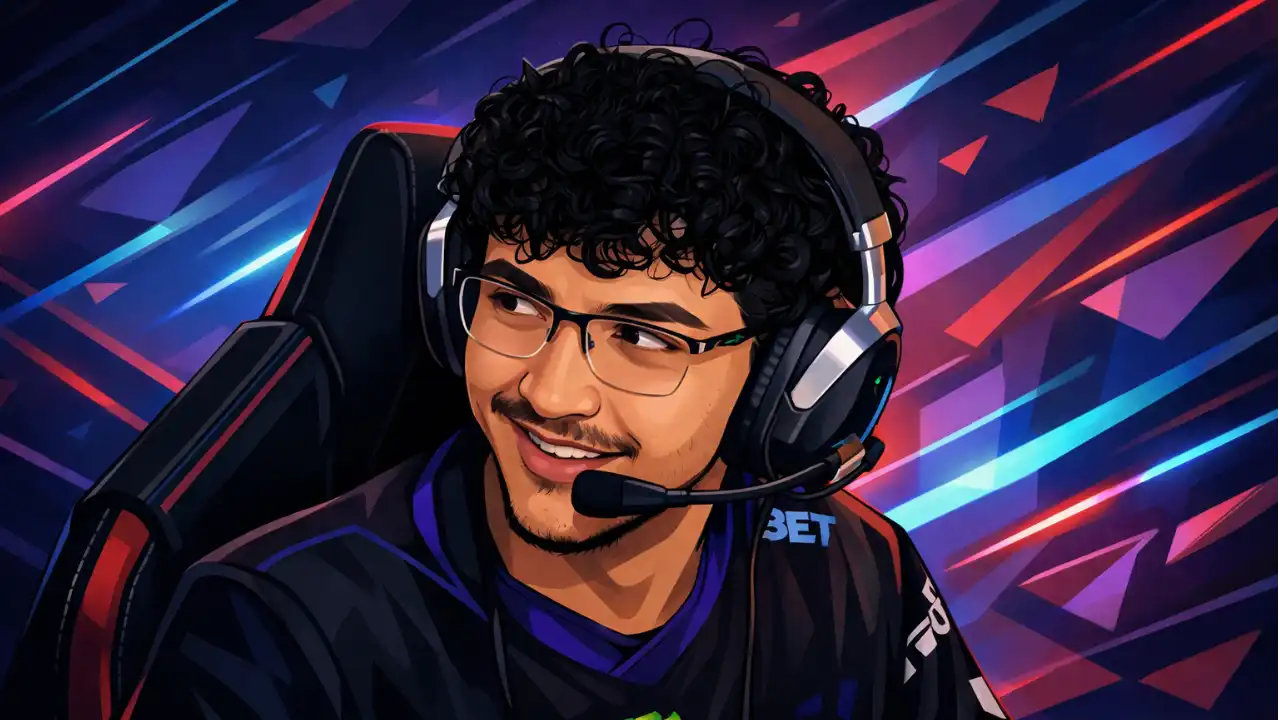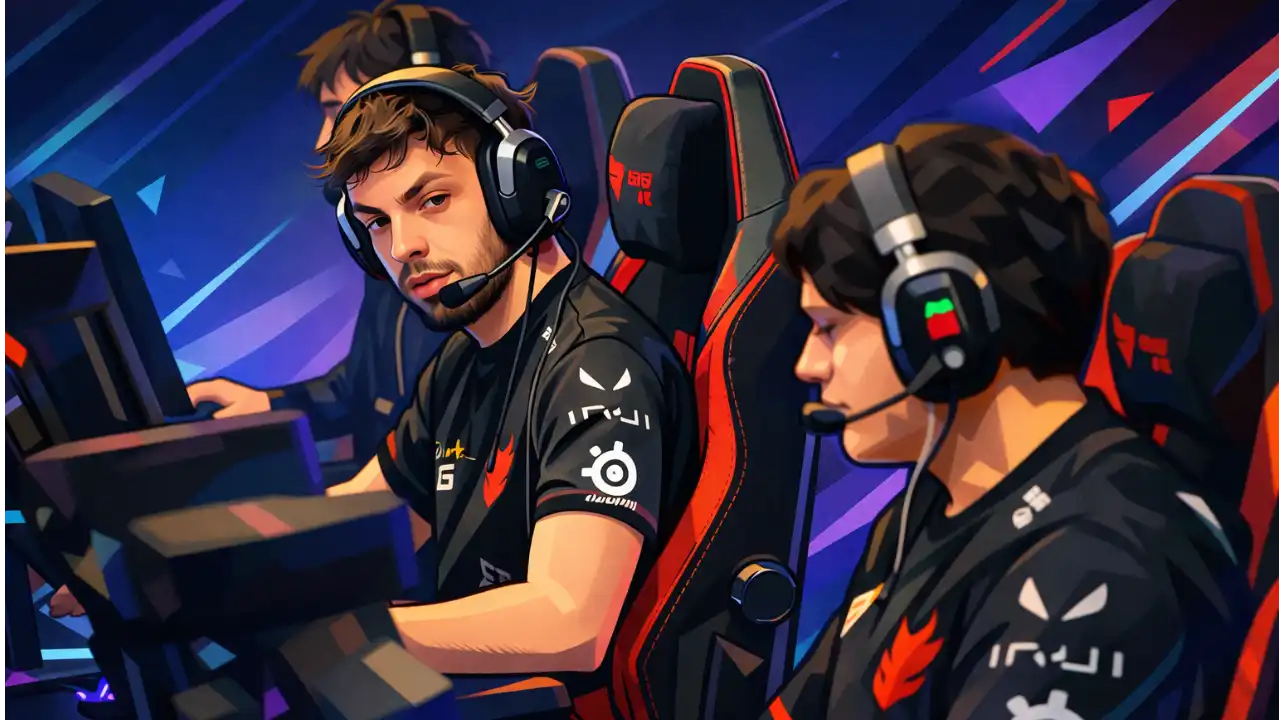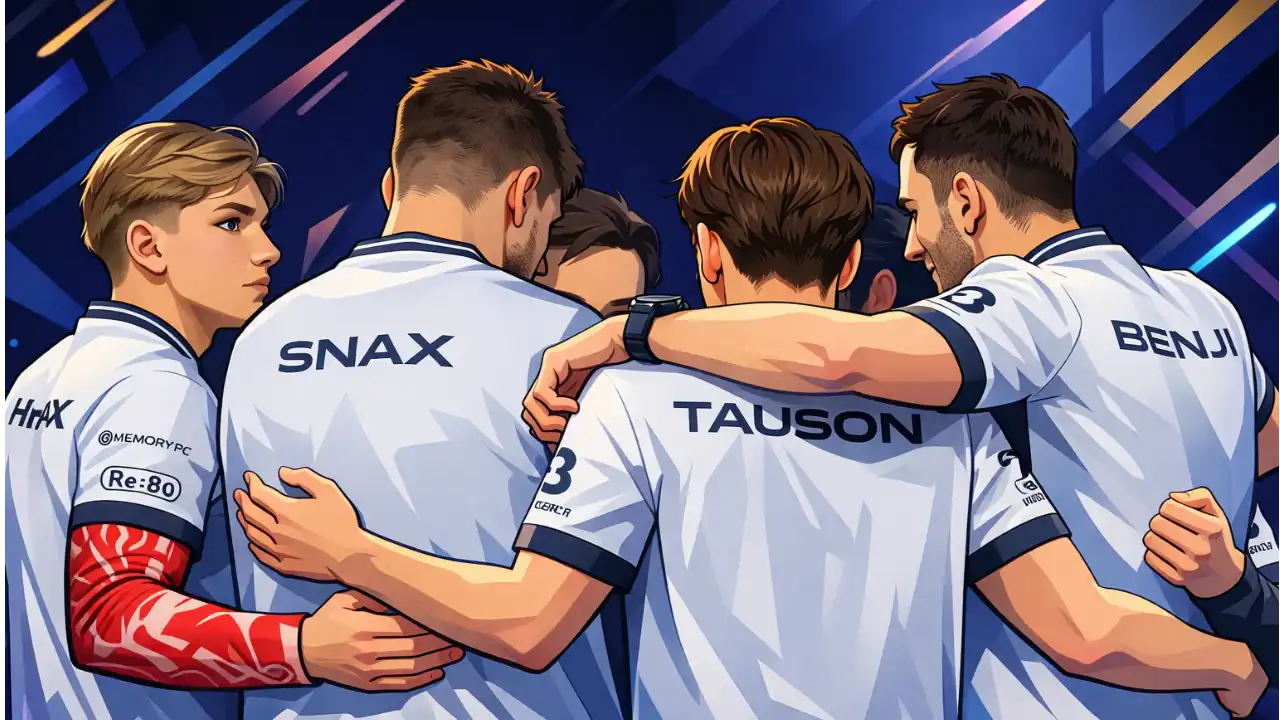PGL Cancels October 2026 CS2 Event After Scheduling Clash with ESL FACEIT Group / Other Organiser
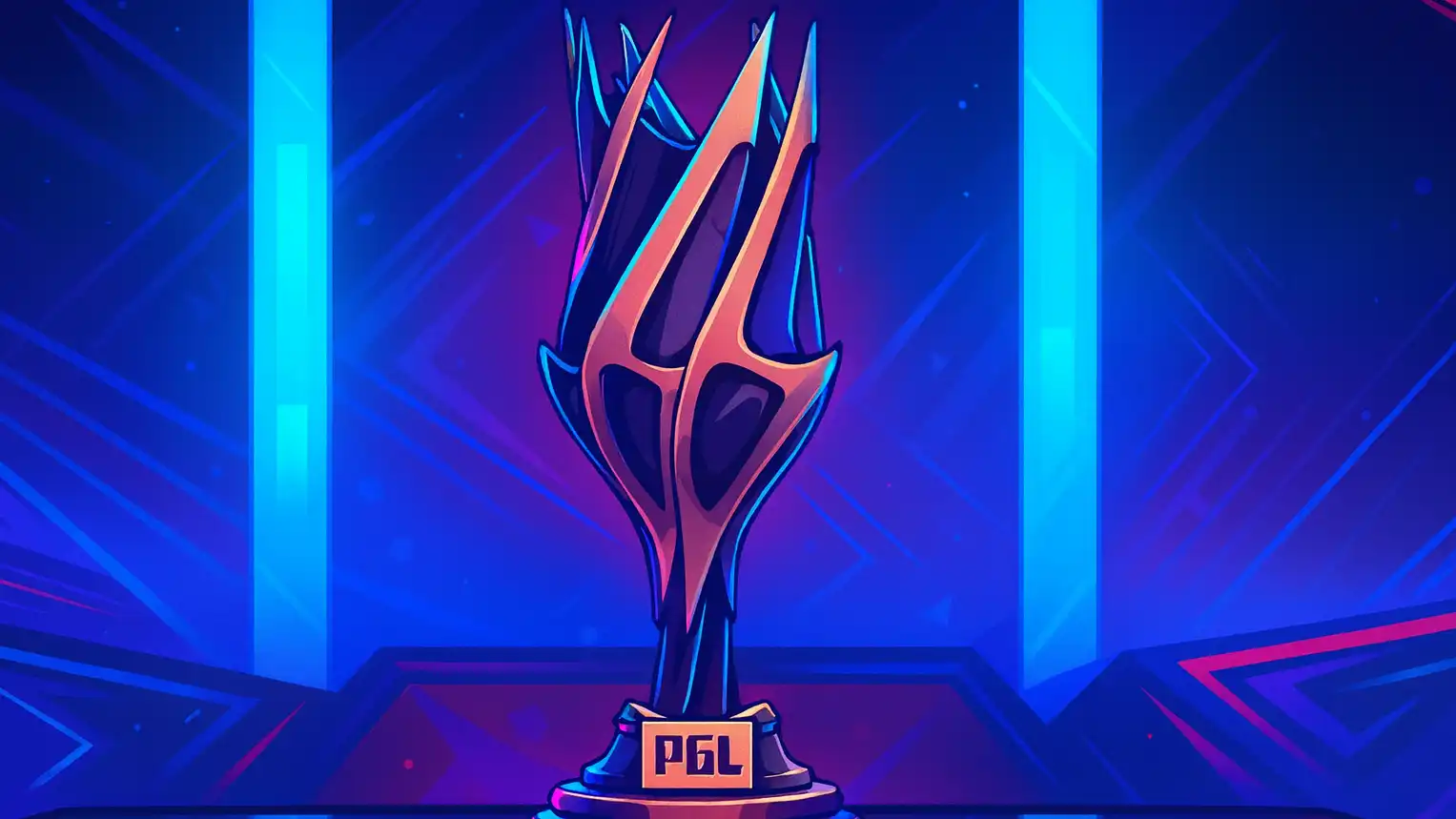
PGL Cancels October 2026 CS2 Event After Scheduling Clash with ESL FACEIT Group / Other Organiser
Tournament organiser PGL has announced it will fully cancel its CS2 event originally planned for October 2026, citing a direct scheduling conflict with another major organiser’s event—including the ESL Pro League Season 24 and/or the Esports World Cup (EWC) for Counter-Strike 2.
In its published update, PGL described the conflict as an “unexpected overlap” that would significantly hamper its ability to attract top-tier teams and deliver an optimal competitive experience. The decision underscores the increasingly crowded CS2 calendar and the constraints organisers face when major tournaments vie for the same slots.
Background: Event Details & Impact
The tournament in question was listed on the PGL CS2 2026 calendar as “PGL Event October 2026”, with a prize-pool of US $1.25 million, 16 teams and scheduled for dates in October (TBA) in Romania.
PGL now states that the slot has been removed, and instead the season will conclude with a “Tier 1 series” from 22 October–2 November 2026, location (and naming) to be confirmed.
Importantly, the cancellation is not being attributed to budget, venue or internal issues—but rather to scheduling: PGL claims that if it proceeded, the overlap would force many elite rosters to choose between its event and the rival organiser’s, thereby diluting competitive quality and audience reach.
Broader Implications for CS2 Calendar & Organiser Relations
PGL’s decision highlights the strain within the global CS2 event ecosystem. As rosters, sponsors and broadcasters grow increasingly sophisticated, the value of exclusivity and non-conflicting scheduling rises. Several key implications:
-
Roster fatigue and attendance risk: With multiple major organisers scheduling overlapping events, teams may be forced to pick and choose, leading to weaker fields or drop-outs. PGL explicitly cited this concern.
-
Brand value vs calendar congestion: PGL, which has hosted multiple branded “PGL Major” events and Tier-1 LANs, essentially conceded one slot to preserve its brand integrity rather than gamble on a diluted lineup.
-
Organiser alignment and calendar governance: The fact that one organiser felt compelled to cancel illustrates that the CS2 ecosystem may require clearer coordination or governance over scheduling to avoid such overlaps—especially with more global events (e.g., a grand World Cup style event) entering the picture.
-
Fan & team uncertainty: With slots removed or moved, teams and fans face greater unpredictability. Event announcements, travel budgets and commitments may now reflect more cautious planning.
What We Know & What We Don’t
Known facts:
-
PGL’s October 2026 event (US $1.25 million prize pool, 16 teams) was publicly listed.
-
PGL officially announced cancellation of the slot due to an overlap/conflict with another organiser.
-
The alternative slot 22 Oct–2 Nov 2026 remains in the schedule, but location and full details are pending.
Remaining ambiguities:
-
The exact rival event(s) that caused the clash (whether ESL Pro League Season 24, Esports World Cup or another) are not fully spelled out in PGL’s public statement. Some coverage links to both.
-
The full relocation, renaming or restructure of the cancelled event: PGL states a “Tier 1 series” will happen but has left many details unannounced.
-
How teams, sponsors and broadcasters who had commitments or planning around the original slot will be compensated or adjusted.
Why it matters for 2026 and beyond
For teams, the cancellation means one fewer premium LAN option in that October window, which may shift budgets, travel plans and preparation. For broadcast/sponsorship stakeholders, the number of marquee LANs matters for exposure and ROI.
Within the competitive circuit, the move may also influence how organisers approach scheduling moving forward—not just who hosts what, but when. With more global tournaments and convergent esports ecosystems (e.g., the involvement of PIF-backed leagues, new world cup style events, global circuit frameworks) the pressure on slots will only increase.
For PGL, the decision may be seen as strength: rather than forcing an event, risking poor attendance or weakened field, they opted to cancel and preserve brand value. That said, it also signals vulnerability: even established organisers cannot ignore calendar pressures.
Moving Forward: What to Watch
-
Confirmation of the new slot: PGL is expected to announce the full details (location, format, naming) of the 22 Oct–2 Nov 2026 event. How top-tier it will be remains open.
-
Reaction from teams: Whether major organisations respond with statements or adjust their calendar plans accordingly.
-
Rival organiser scheduling: If the overlapping event(s) become clearer, how ESL FACEIT Group, EWC or others respond.
-
Impact on 2026 season momentum: With fewer LANs in the October window, teams may compress their preparation or alter their pacing into the end of year.
-
Calendar governance discussion: Whether Valve, regional bodies or organiser coalitions explore frameworks to better coordinate scheduling and protect competitive integrity.
Final word
In an era of explosion in CS2 content, events and money, even heavyweight organisers like PGL find themselves navigating new pressures. The cancellation of the October 2026 slot is a vivid reminder that beyond exploding prize pools and intense rivalries lies a harsher reality: logistics, calendars and overlap can decide outcomes even before the first map is played. For 2026 and beyond, it’s not just about who wins—it's about when, where and under what circumstances they play.


